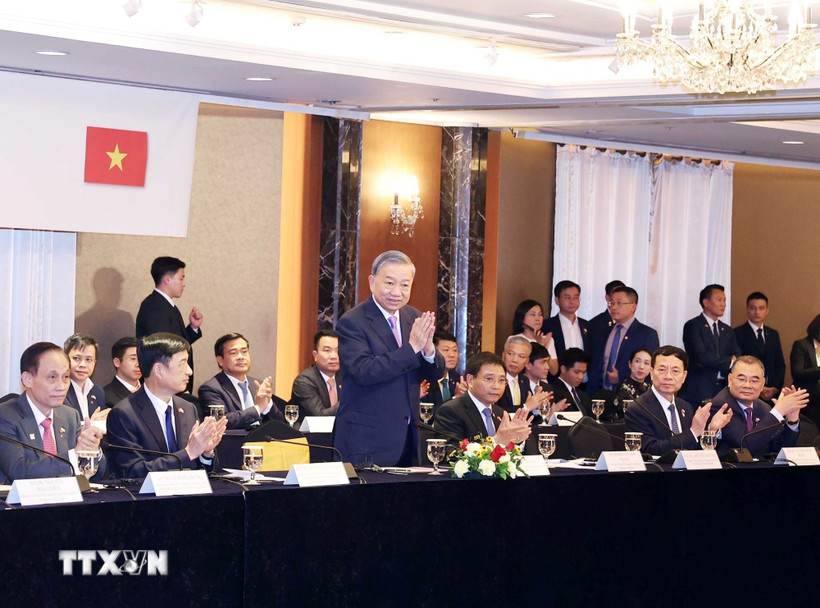
General Secretary To Lam met with leaders of several major Korean corporations. (Photo: Thong Nhat/VNA)
In an article published in the Bangkok Post on August 19, Thai scholar Kavi Chongkittavorn commented on General Secretary To Lam's recent visit to South Korea, affirming that Vietnam is rising to a regional leadership position.
Mr. Kavi appreciated Vietnam's choice of Korea as the destination for the Comprehensive Strategic Partnership, focusing on enhancing trade, investment and diplomatic cooperation.
As the first country to send a senior leader to meet with new President Lee Jae Myung, Vietnam sent a clear signal to both Northeast Asia and Southeast Asia that Vietnam and South Korea are emerging together as a driving force for regional connectivity and economic growth.
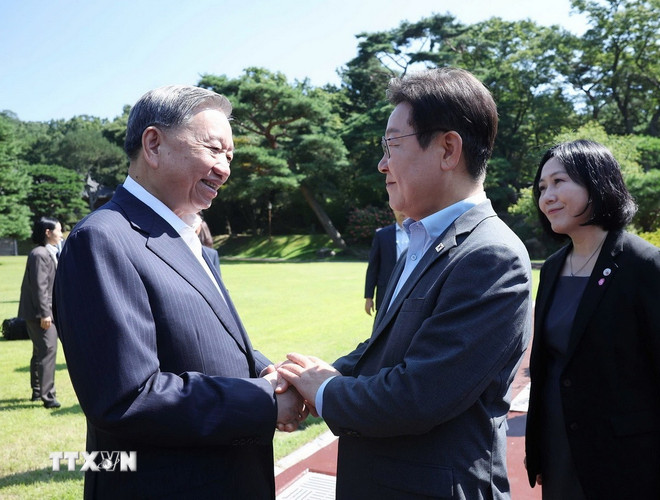
South Korean President Lee Jae Myung welcomes General Secretary To Lam. (Photo: Thong Nhat/VNA)
The two leaders made an impressive commitment to increase bilateral trade to $150 billion within the next five years. Achieving this ambitious goal will require a comprehensive commitment from both countries, strengthening the partnership beyond the economic sphere to include technology, education and cultural exchanges.
The author believes that at this time, Vietnam is asserting its position as a confident regional leader. This year, Vietnam celebrates the 30th anniversary of joining ASEAN, the 80th anniversary of the August Revolution and National Day (September 2).
Three decades ago, when Vietnam joined ASEAN, few believed that it could integrate and thrive within the bloc’s challenging framework. However, in Seoul, Vietnam proudly presented itself as an emerging leader, shaping the future regional architecture, both in terms of economic integration and strategic autonomy.
According to scholar Kavi, peace and stability have always been at the heart of Hanoi’s vision. Vietnam has always supported ASEAN-led mechanisms – from the ASEAN Regional Forum to the East Asia Summit, the ASEAN Defense Ministers Meeting Plus (ADMM+) and the ASEAN Outlook on the Indo-Pacific.
These foundations have enabled Vietnam to consolidate strategic peace while integrating into global value chains. Today, foreign investors – particularly in high-tech and green sectors – see Vietnam as a top destination with reforms emphasizing transparency, efficiency and governance.
In addition to economics and security, people-to-people exchanges are also shaping the emerging partnership between Vietnam and South Korea. Cooperation in culture, tourism, education and labor migration have boosted the bilateral relationship.
In addition, the “soft power” factor also plays an important role as a bridge between the two countries, such as Korean popular culture, cuisine and Korean language, which are very popular in Vietnam.
At the strategic level, both countries understand that the partnership must evolve with the changing world situation, according to Mr. Kavi. Technological revolution, green transformation and supply chain disruptions are new challenges for both.
In this context, Hanoi and Seoul are working closely together. Vietnam provides a dynamic manufacturing base and a young workforce, while South Korea contributes capital, expertise and innovation. Mr. Kavi stressed that this rare cooperation could be a model for others to follow.
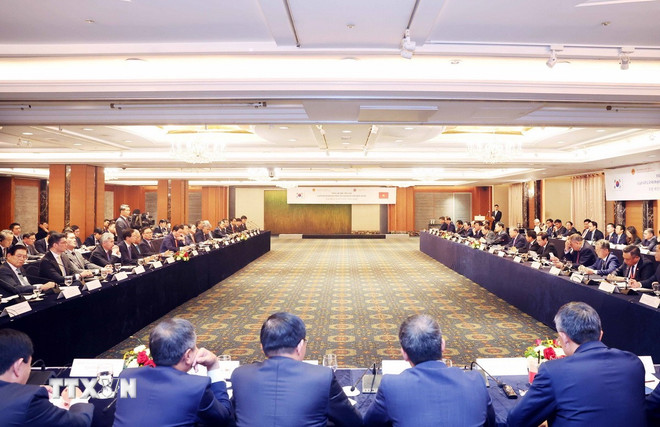
General Secretary To Lam met with leaders of several large Korean corporations. (Photo: Thong Nhat/VNA)
Thai scholars have assessed that Vietnam’s flexibility has emerged in recent times. Vietnam’s responses to US tariff threats have demonstrated its economic flexibility, diplomatic approach and resilience in the context of US-China competition and supply chain shifts.
Vietnam has turned external shocks into opportunities. At the same time, as its ASEAN membership enters its fourth decade, the country is becoming a key driver of economic integration, narrowing the gap between old and new members.
In addition to the ASEAN-Korea Free Trade Agreement, Vietnam also participates in the Regional Comprehensive Economic Partnership (RCEP), the Comprehensive and Progressive Agreement for Trans-Pacific Partnership (CPTPP)... This is part of the country's trade diversification strategy, creating balance, without being too dependent on any partner.
The author concludes that by building a Comprehensive Strategic Partnership with South Korea, Vietnam continues to strengthen bilateral relations and reshape its regional leadership role./.
(TTXVN/Vietnam+)
Source: https://www.vietnamplus.vn/thai-school-vietnamese-students-are-growing-up-to-the-leader-of-the-region-post1056807.vnp










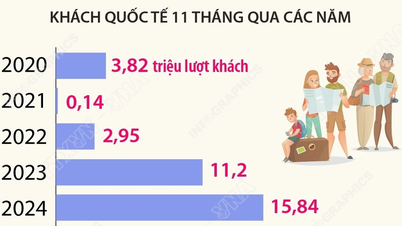
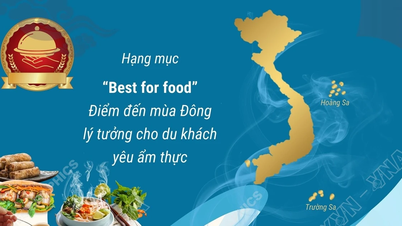


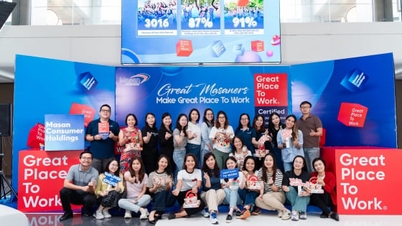



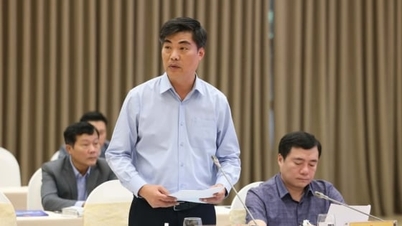



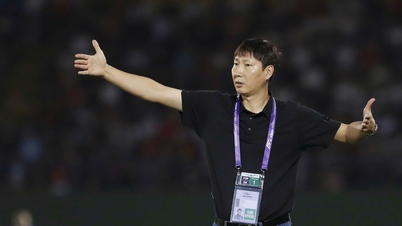

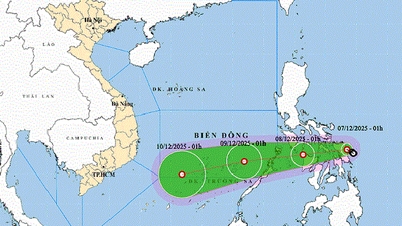

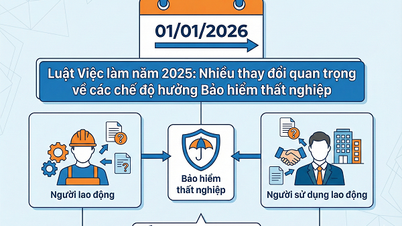




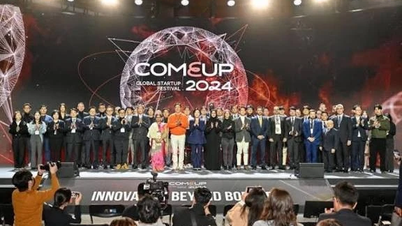
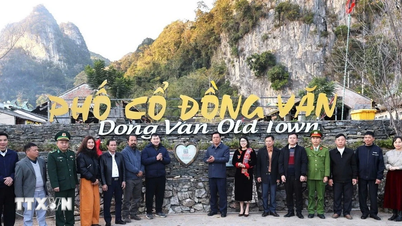




![[Photo] National Assembly Chairman Tran Thanh Man attends the VinFuture 2025 Award Ceremony](/_next/image?url=https%3A%2F%2Fvphoto.vietnam.vn%2Fthumb%2F1200x675%2Fvietnam%2Fresource%2FIMAGE%2F2025%2F12%2F05%2F1764951162416_2628509768338816493-6995-jpg.webp&w=3840&q=75)































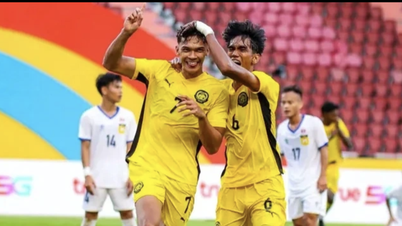









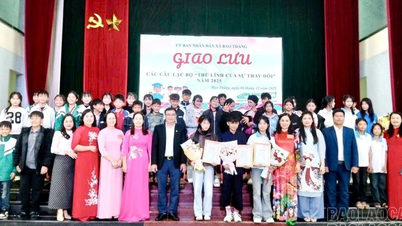

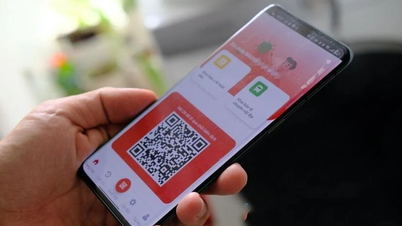
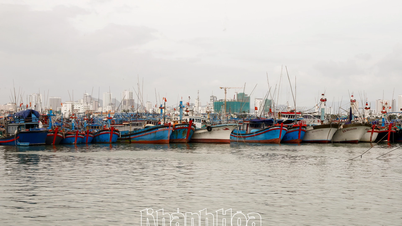

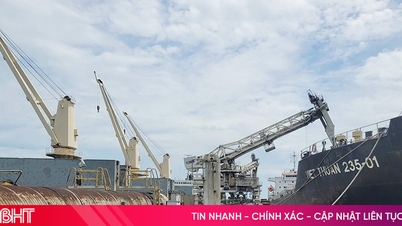

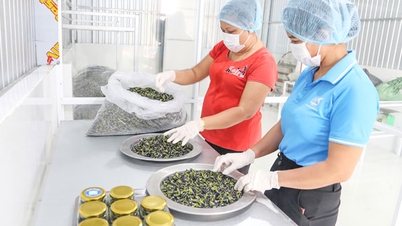



















Comment (0)